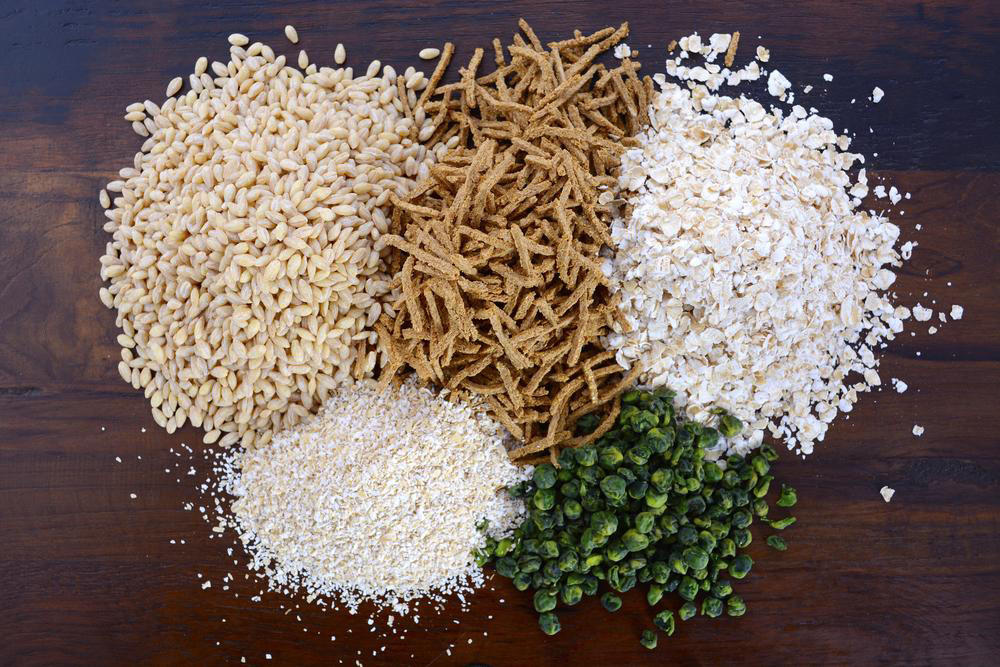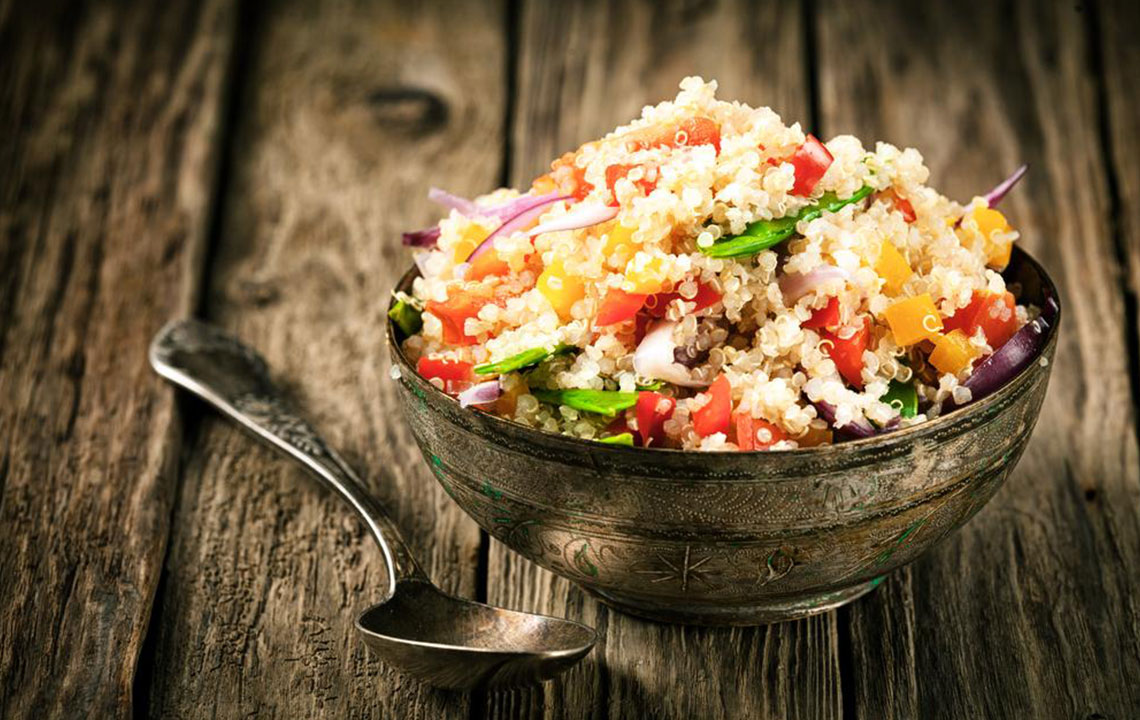Optimize Your Wellness with Nutritious High-Fiber Breakfast Cereals
This article explores the importance of high-fiber breakfast cereals in promoting overall health. It highlights the benefits of dietary fiber for digestion, heart health, and disease prevention. Practical tips are provided for increasing fiber intake through breakfast choices and simple dietary adjustments. Incorporating fiber-rich cereals into your morning routine can lead to better digestion, weight management, and long-term wellness, making it an essential part of a healthy lifestyle.

Optimize Your Wellness with Nutritious High-Fiber Breakfast Cereals
Starting your day with a nutritious breakfast is crucial for overall health and well-being. Among the many options available, high-fiber breakfast cereals stand out as a convenient and effective way to boost your daily fiber intake, which plays a vital role in maintaining optimal digestive health and reducing the risk of chronic diseases. Incorporating these cereals into your morning routine can significantly improve your digestion, support weight management, and contribute to better heart health.
Dietary fiber is a type of carbohydrate that your body cannot digest. It passes through your digestive system largely intact, helping to regulate bowel movements, lower cholesterol levels, and stabilize blood sugar levels. These benefits make fiber a key component of a balanced diet, especially for individuals seeking to prevent or manage health conditions such as heart disease, type 2 diabetes, and certain types of cancer, including colon cancer.
Experts recommend that adults ingest between 21 to 38 grams of fiber daily, depending on age, gender, and life stage. Despite this, many people struggle to meet these recommendations. Fortunately, increasing fiber intake can be straightforward and enjoyable by choosing whole grain cereals over refined options. Whole grains contain all parts of the grain kernel—the bran, germ, and endosperm—making them richer in fiber, vitamins, and minerals compared to their refined counterparts.
Starting your day with a bowl of high-fiber cereal is an effective strategy. Look for cereals that list whole grains as the first ingredient and contain at least 5 grams of fiber per serving. Incorporate extras like flaxseeds, wheat bran, or chia seeds into your cereal to enhance fiber content naturally. Transition gradually by adding small amounts of fiber-rich foods to your diet, allowing your digestive system to adjust smoothly and preventing discomfort.
Beyond helping digestion, a high-fiber breakfast can improve skin health, support weight management by increasing satiety, and even help in controlling blood pressure. Making these simple dietary adjustments can lead to significant long-term health benefits and a more energetic, vibrant lifestyle.
Incorporate a variety of fiber-rich foods into your breakfast routine, such as oats, barley, bran flakes, or granola, to keep your meals interesting and nutritionally balanced. Remember, consistency is key to experiencing the full benefits of fiber. Combine high-fiber cereals with fresh fruits, nuts, or yogurt for a delicious and healthful start to your day.





